MercoPress. South Atlantic News Agency
Tag: interest rate
-
Tuesday, January 27th 2026 - 10:18 UTC
Uruguay Central Bank accelerates easing, cuts key rate to 6.5% as dollar hits lows

Uruguay’s Central Bank (BCU) cut its benchmark policy rate by 100 basis points to 6.5% and said monetary policy “enters an expansionary phase,” framing the move as a way to prevent inflation from drifting away from its 4.5% target and to respond to recent strains in the foreign-exchange market.
-
Wednesday, June 18th 2025 - 09:38 UTC
Chile's Central Bank keeps basic interest rate at 5%
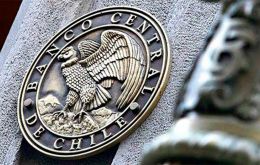
Chile's Central Bank decided Tuesday to maintain the monetary policy interest rate at 5%, unchanged since December 2024, due to global economic uncertainties, particularly from escalating trade tensions and the Iran-Israel conflict in the Middle East, which pose risks to the US and global economies.
-
Wednesday, April 30th 2025 - 10:51 UTC
Chile's Central Bank keeps basic interest rate unchanged

Chile's Central Bank unanimously decided Tuesday to keep the Monetary Policy Rate at 5%, aligning with market expectations. The bank highlighted increased global uncertainty due to U.S. tariffs under Donald Trump and geopolitical conflicts, given “uncertainty about the outlook for the global economy has increased considerably since the previous meeting, particularly following the tariff announcements made by the United States in early April and subsequent developments,” which have negatively impacted perceptions of global growth.
-
Friday, December 6th 2024 - 10:23 UTC
Argentina's BCRA lowers basic interest rate again
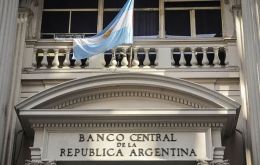
Argentina's Central Bank (BCRA) announced Thursday a reduction in the basic interest rate (Nominal Annual Rate - TNA), from 35% to 32% while one for swaps will go down from 40% to 36%. The measure is effective as of Friday and impacts all fixed-term deposits.
-
Monday, July 22nd 2024 - 11:37 UTC
European Central Bank leaves rate unchanged, waiting for September data
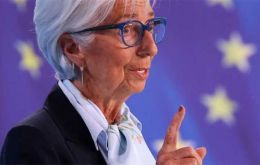
The European Central Bank (ECB) left its main interest rate unchanged at 3.75%, but president Christine Lagarde indicated that an interest rate cut is possible at its next meeting in September. However in her media conference following last Thursday announcement warned that risks to growth persist.
-
Thursday, November 2nd 2023 - 09:39 UTC
Brazil cuts basic interest rate to 12.25% per year
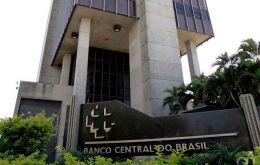
Brazil's Monetary Policy Committee (Copom) unanimously decided Wednesday to reduce the economy's basic interest rate (known as the Selic rate) by 0.5 percentage points to 12.25% per year, Agencia Brasil reported.
-
Wednesday, August 16th 2023 - 11:33 UTC
Russia/Ukraine conflict, ruble collapses and Moscow forced to hike interest rate
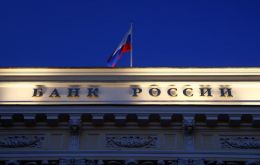
Russia's 's central bank hiked its key interest rate to 12% on Tuesday. The 3.5 percentage point rise represents a bid to fight high inflation and the sharp depreciation of the country's currency against the US dollar.
-
Tuesday, July 25th 2023 - 11:40 UTC
Lula expects the Central Bank to lower the benchmark interest rate next week
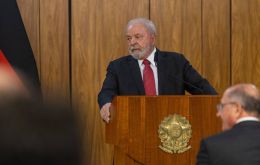
Brazil's President Luiz Inácio Lula da Silva and his economic team in their ongoing battle with the independent Central Bank, have anticipated they expect a cut in the benchmark interest rate, of at least 25 points, pressuring bank policymakers to lower borrowing costs given a dramatic fall in inflation.
-
Thursday, October 6th 2022 - 09:11 UTC
Mortgage rates in UK on the rise, first time since 2014

Mortgage rates in the UK have been going up for months, but recorded a sharp increase in response to the fall-out from the mini-budget nearly two weeks ago. First-time buyers and those looking to remortgage are affected.
-
Thursday, August 4th 2022 - 10:01 UTC
Brazil raises benchmark interest rate to 13,75%, and possibly more to come
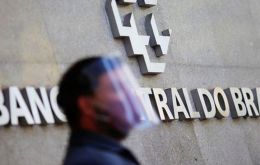
Brazil's central bank raised its benchmark interest rate 50 basis points to a record 13,75%, (the highest since January 2017), anticipating that the tightening cycle, may not be over given the stubborn high domestic inflation and “adverse and volatile” global situation.
